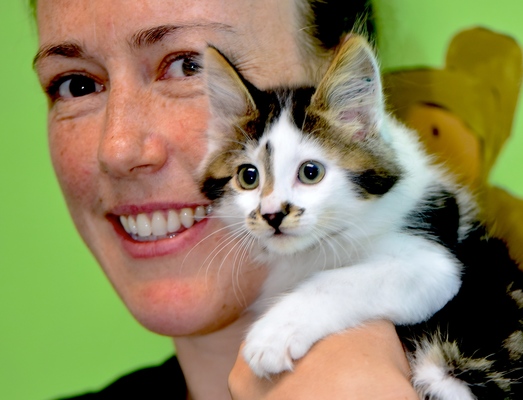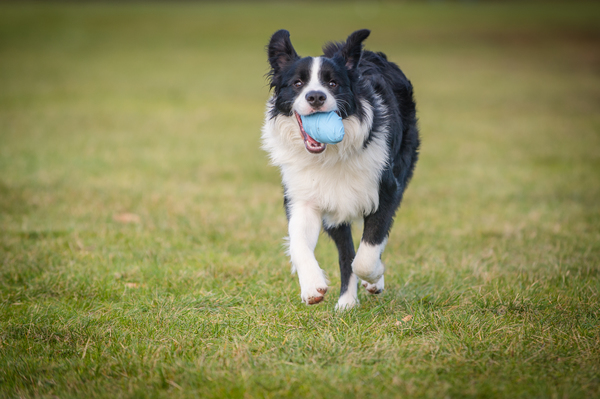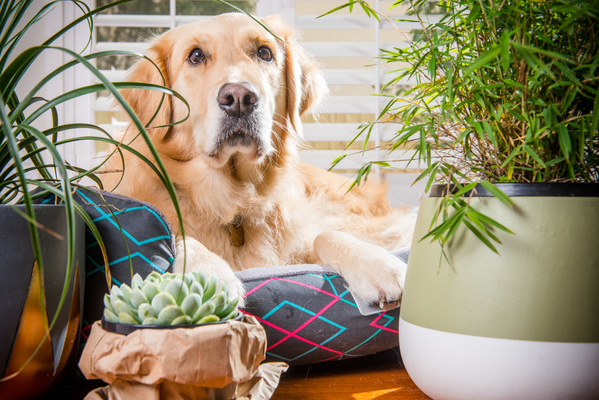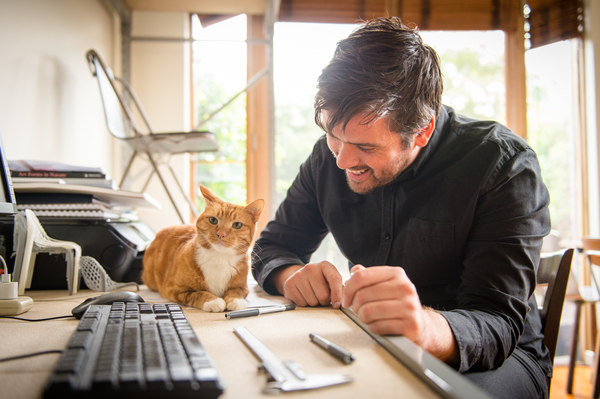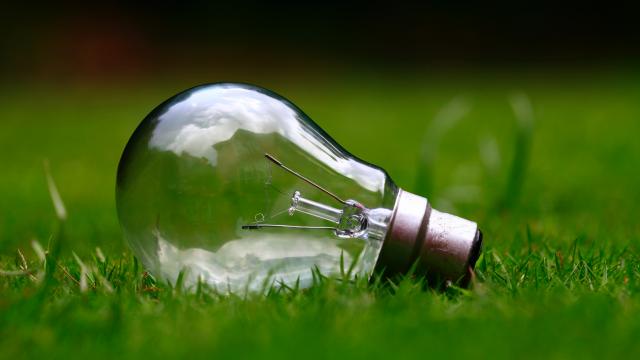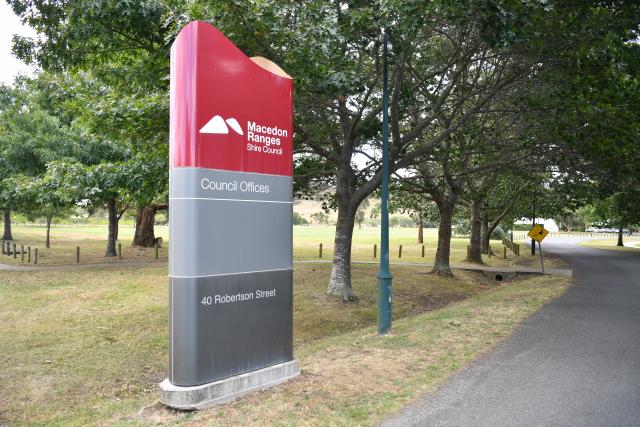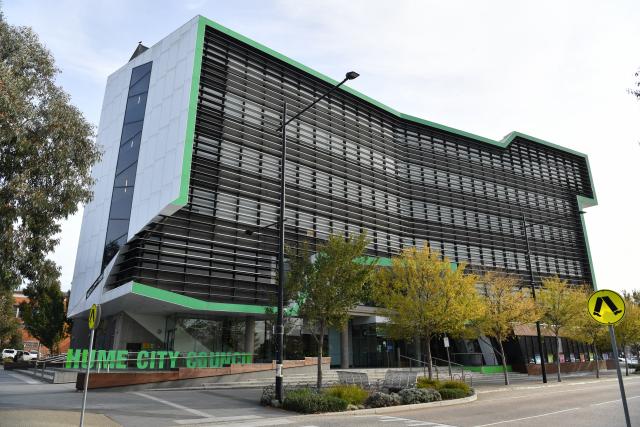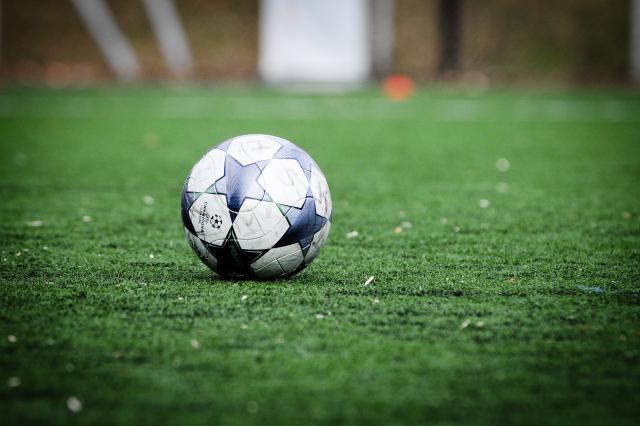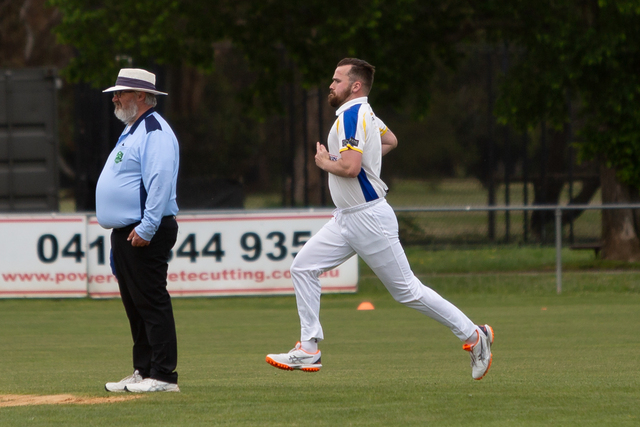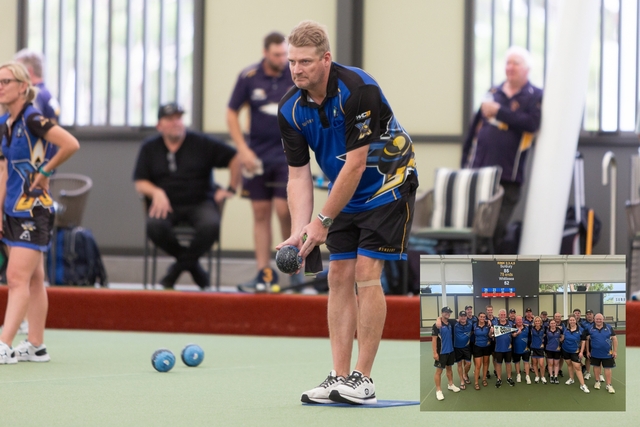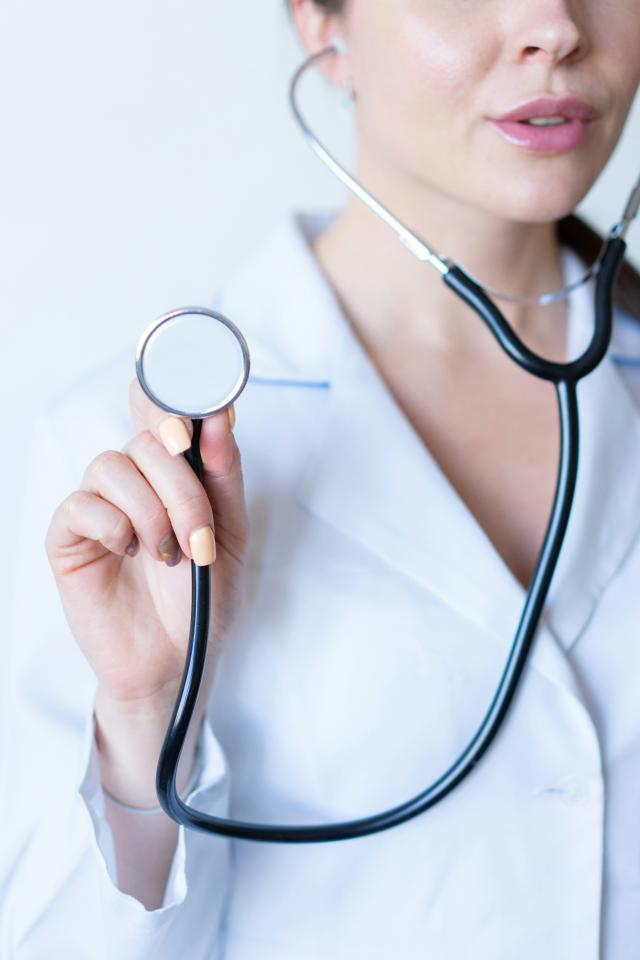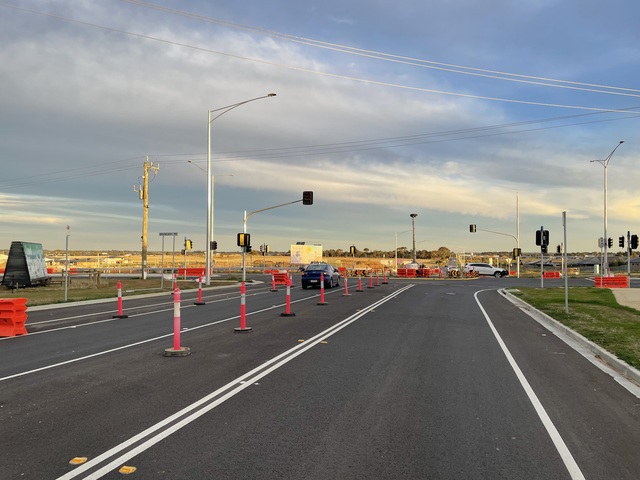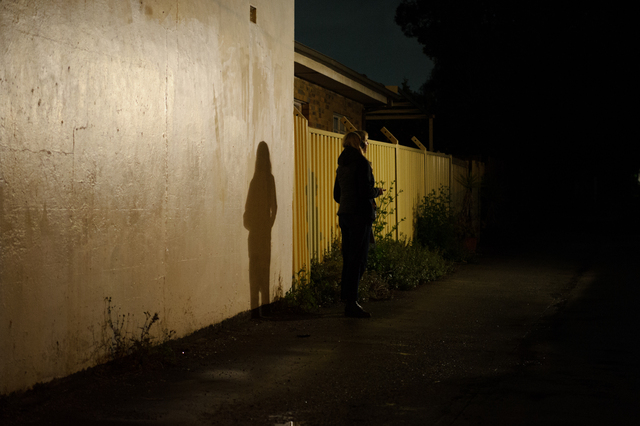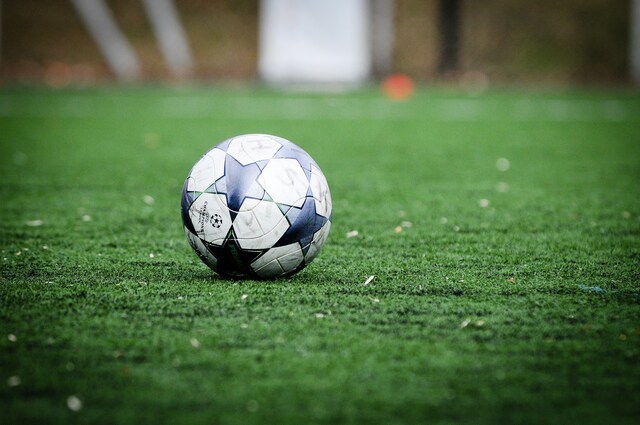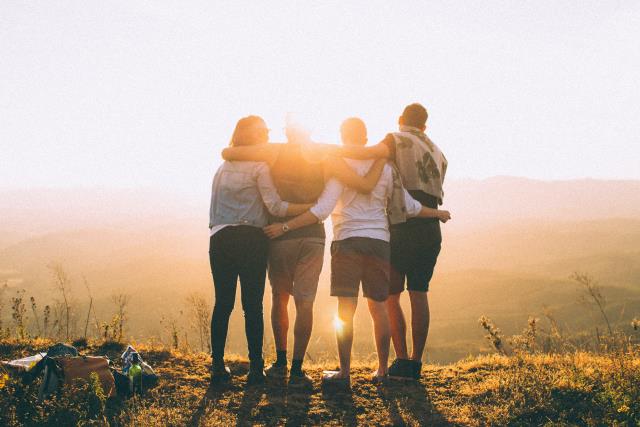As you get into the routine of living in lockdown, spare a thought for your four-legged friend who might just be struggling with the changes to its world.
With many people now working from home, children distance learning at home, and families opting to self-isolate, pets have suddenly found themselves with their owners 24/7.
For many, this is a significant change to their routine and vets are urging pet parents to stop and think about how the coronavirus crisis might be affecting their furry family members.
Second Chance Animal Rescue (SCAR) founder Marisa Debattista says it is not uncommon for cats and dogs to be feeling a little out of sorts at the moment.
“Pets are going to be a little confused at the moment as their routine has changed,” she says.
“A little bit of routine is very, very important. People need to ensure they are still walking their pets.
“People should also be leaving and coming back at certain times so pets don’t have issues with separation anxiety [when lockdown is lifted].
“Enrichment is also very important, especially for dogs. If you can’t walk your dog as much at the moment, make sure they are still getting stimulation in the backyard.”
However, Debattista says the upside to owners spending more time at home with their pets is that they are making time to schedule vet check-ups and vaccinations.
SCAR’s Craigieburn-based community animal hospital recently launched a kerbside vet service, allowing people to take their pet to the vet without having to leave their car.
RSPCA Victoria chief veterinarian Emma Bronts says the health and wellbeing of pets is just as important as that of any other family member.
She says minimising your pet’s contact with other animals is key.
“Remember that pets need to practice social distancing like the rest of their family. Since our pets don’t know that, you need to help them keep their distance from other people and animals.”
While Dr Bronts says there is “no evidence” pets can spread COVID-19, she is urging owners to ensure they maintain good hygiene.
“As always, it is advisable to wash your hands with soap and water after contact with pets. This protects you against various common bacteria such as E-Coli and Salmonella that can pass between pets and humans,” she says.
“Pet owners should continue to practice good hand hygiene after handling their pet’s food, food bowls and water bowls, and cat litter boxes. You should continue to wash pet food and water bowls regularly.”
Another benefit of life in lockdown is that shelters are seeing a rise in people looking to adopt a pet.
A spokeswoman for The Lost Dogs Home, which houses impounded pets from across the west, says cats, in particular, are being adopted at a faster rate than in previous months.
“We are certainly receiving many more inquiries and requests for meet and greets with our animals with a view to adoption.
“Last weekend, we received over 3000 phone and email inquiries for our adoptions team.”
The RSPCA, which runs the Epping Animals Welfare Facility on behalf of Whittlesea, Moreland and Darebin councils, is also reporting a rise in pet adoptions.
Like many shelters, the RSPCA has changed its adoption processes to appointment-only to ensure it can adhere to social distancing requirements.
Meanwhile, some shelters and rescue groups are bracing for a surge in surrendered pets.
PETstock Assist charity and events co-ordinator Jess Guilfoyle says financial hardships and uncertainty may force many pet owners to part ways with their furry friends.
“With more animals in desperate need of emergency care, now is a great time to consider…becoming a foster carer,” she says.
“Foster care provides a loving home environment for rescue pets while they wait for their forever home. It’s an incredibly rewarding experience and the perfect way to pay it forward during the COVID-19 crisis.
“However, it’s important to remember that foster care is a long-term commitment…. this means
taking into consideration the lifestyle you will live after COVID-19.”

